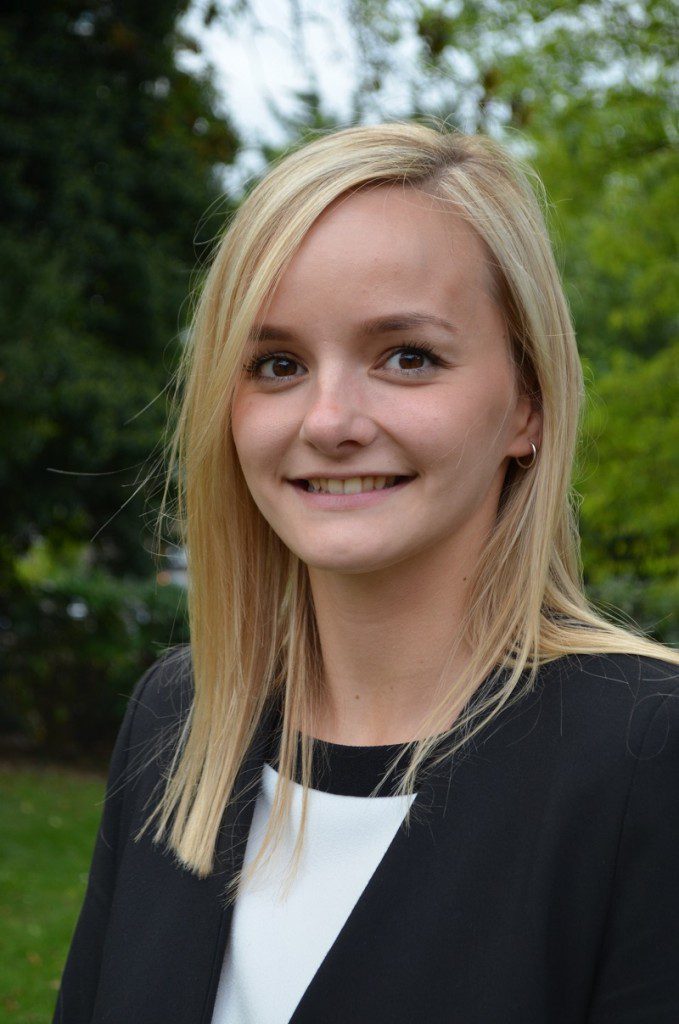Creating a caring community
About the author
Our guest authors are what make PR Place such a vibrant hub of information, exploration and learning.

This is an article by Chelsea Galpin
My initial interest in working in the voluntary sector began when studying public relations with marketing at university.
Then, having completed my placement year at a marketing communications agency, I decided I wanted a career where I felt I was making a difference and helping people.
This preliminary interest spurred me on to do a placement with Harewood House Trust, a stately home near Leeds, where I had my first experience of in-house communications at a not-for-profit.
Having enjoyed my time there, I decided to choose a dissertation topic based around the charity sector and online PR campaigns, researching campaigns such as the No Makeup Selfie and the Ice Bucket Challenge.
Through a contact at Leeds Beckett University, I was put in touch with the Motor Neurone Disease (MND) Association, one of the main beneficiaries of the Ice Bucket Challenge (IBC), receiving more than £7 million from almost a million donations.
You may have seen The Theory of Everything or Hollyoaks recently and be familiar with the term motor neurone disease (MND), but what actually is it?
MND is a fatal, rapidly progressing disease that affects the brain and spinal cord. It attacks the nerves that control movement so muscles no longer work. It can leave people locked in a failing body, unable to move, talk and eventually breathe.
MND affects up to 5,000 adults in the UK at any one time. Tragically a third of people with MND will die within a year of diagnosis and more than half within two years. There is no cure.
Several months after my graduation, I saw that the MND Association was advertising for a Communications Officer and was surprised to see they were based just down the road in my hometown of Northampton. So I immediately applied and was thrilled when I was offered the job.
mnda logoMy role as Communications Officer at the MND Association involves handling the increased number of media enquiries following the huge success of the Ice Bucket Challenge and The Theory of Everything.
These enquiries come from a range of outlets and cover diverse topics – from radio interviews with people with MND to comments about the latest research for a national newspaper. There’s a whole host of queries that the communications team deals with everyday.
The main part of my role is helping people affected by MND share their experience.
Their personal stories can be used to raise awareness in so many ways through a variety of channels. Their personal experiences continue to encourage donations and are vital to ensure the MND Association improves care and support for people with MND, their families and carers.
The stories also contribute to campaigning and raising awareness while helping to fund and promote research that leads to new understanding and treatment, bringing us closer to a cure for MND.
We use face to face and telephone interviews as well as photo shoots and I am fortunate enough to build relationships and meet a lot of people living with MND, their families and carers. I am often asked if meeting people with this disease affects me – and it does, but not in a negative sense.
These people are so positive and inspirational despite their circumstances. They all want to help to campaign and raise awareness so that ultimately, one day, we will find a cure.
My advice to current students would be not to dismiss the voluntary sector. Careers in this sector are very rewarding, giving you a great sense of purpose.
If this sounds like something you’d like to do in the future, start getting experience now. This might be through specific work experience or volunteering for a cause that’s close to your heart.
If you want to find out more about getting involved with the MND Association, visit http://www.mndassociation.org/get-involved/.